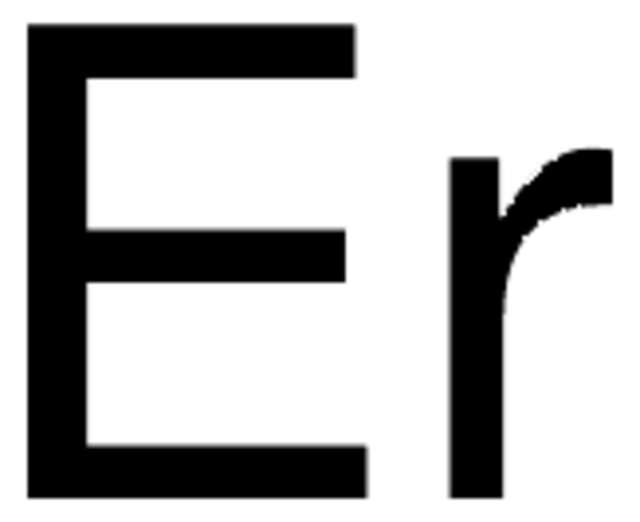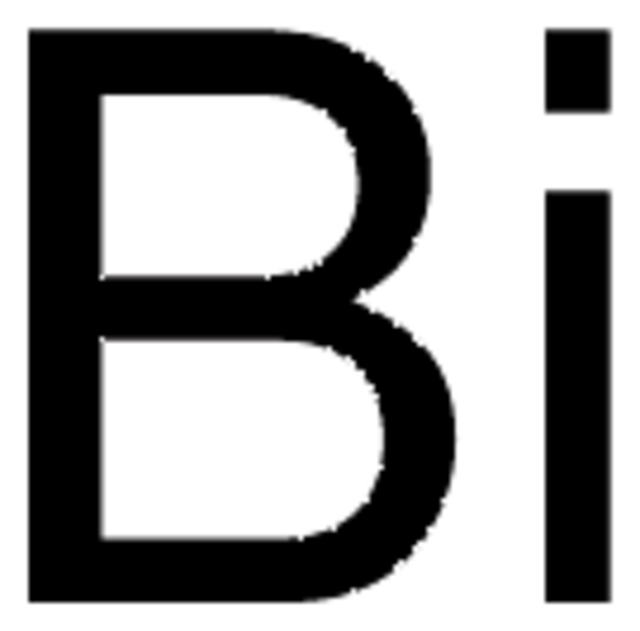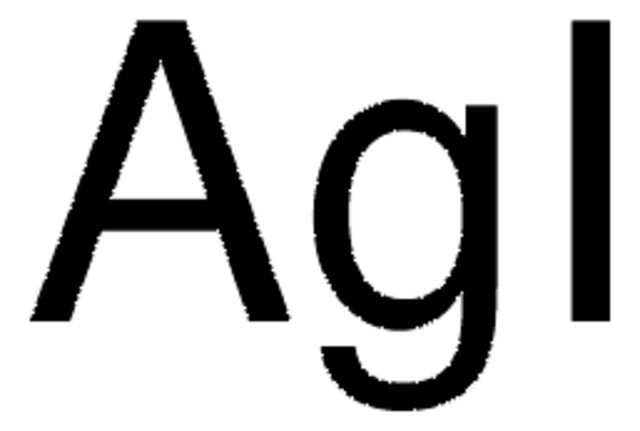すべての画像(2)
About This Item
実験式(ヒル表記法):
Er
CAS番号:
分子量:
167.26
MDL番号:
UNSPSCコード:
12141603
PubChem Substance ID:
NACRES:
NA.23
おすすめの製品
アッセイ
99%
フォーム
foil
メーカー/製品名
Goodfellow 457-436-98
抵抗性
86 μΩ-cm, 20°C
サイズ×厚み
25 x 25 mm × 0.125 mm
bp
2868 °C (lit.)
mp
1529 °C (lit.)
密度
9.062 g/mL at 25 °C (lit.)
SMILES記法
[Er]
InChI
1S/Er
InChI Key
UYAHIZSMUZPPFV-UHFFFAOYSA-N
類似した製品をお探しですか? 訪問 製品比較ガイド
詳細
For updated SDS information please visit www.goodfellow.com.
法的情報
Goodfellow製品
保管分類コード
13 - Non Combustible Solids
WGK
WGK 3
引火点(°F)
Not applicable
引火点(℃)
Not applicable
適用法令
試験研究用途を考慮した関連法令を主に挙げております。化学物質以外については、一部の情報のみ提供しています。 製品を安全かつ合法的に使用することは、使用者の義務です。最新情報により修正される場合があります。WEBの反映には時間を要することがあるため、適宜SDSをご参照ください。
Jan Code
GF45743698-1EA:
GF45743698-2EA:
最新バージョンのいずれかを選択してください:
Ronald J Caniglia
Facial plastic surgery clinics of North America, 12(3), 373-377 (2004-07-21)
The Erbium:YAG laser is a useful flexible tool for the surgeon interested in providing overall skin rejuvenation. With its unique wavelength, greater absorption, and less thermal injury, it can offer more precise ablation with greater safety and shorter healing times.
Isao Ishikawa et al.
Journal of periodontal research, 39(4), 275-285 (2004-06-23)
Since lasers were introduced for the treatment of oral diseases, there has been considerable advancement in technology. As a result, numerous laser systems are currently available for oral use. Neodymium:Yttrium-Aluminum:Garnet (Nd:YAG), carbon dioxide (CO(2)) laser and the semiconductor Diode lasers
Bo Li et al.
Journal of nanoscience and nanotechnology, 14(6), 4191-4195 (2014-04-18)
We have synthesized Er2S3/ZnS core/shell QDs by employing ErSt3, ZnSt2, and sulfur as precursors via a hot solution phase chemistry using a nucleation-doping strategy. X-ray diffraction (XRD), transmission electron microscope (TEM) and photoluminescence (PL) spectra were used to characterize the
G N Marcells et al.
The Journal of otolaryngology, 29(2), 78-82 (2000-05-20)
There are two lasers for resurfacing. The erbium:YAG laser and the CO2 laser both have different physical and physiologic differences when striking the skin. Therefore, each laser gives a different result. This article reviews the use of the Sharplan Silktouch
D M Clarkson
Dental update, 28(6), 298-302 (2001-08-31)
This article reviews aspects of the probable mechanisms used by erbium dental lasers for cutting dentine and enamel, describes key issues of the risk of temperature elevation and speed of cutting relative to conventional techniques and looks at issues concerned
ライフサイエンス、有機合成、材料科学、クロマトグラフィー、分析など、あらゆる分野の研究に経験のあるメンバーがおります。.
製品に関するお問い合わせはこちら(テクニカルサービス)



